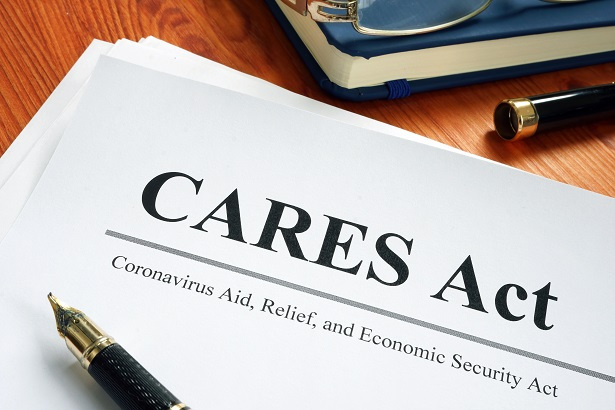If the economic fallout from COVID-19 has you worried about keeping up with your car payments, you're certainly not alone. Millions of borrowers are struggling to make their car payments after a loss of income or a pay cut due to the pandemic. Many of these car owners have never missed a payment in the past, and are finding themselves in this situation for the first time. While the prospect of missed car payments can seem overwhelming, understanding the new consumer protection measures and their impact on your car loan and credit score will help transform the anxiety into an action plan.
3 Million Auto Loans Went Unpaid

According to the credit bureau, TransUnion, the COVID-19 crisis has caused 3 million borrowers to defer, skip, or make partial payments on their auto loans. Additionally, 15 million credit card accounts and 9% of all mortgages are also in a forbearance program. Even as unemployment rates have dropped in May, the economy has not bounced back to pre-pandemic levels, and millions of borrowers are suffering financial burdens and falling behind on payments.
When the pandemic began, many auto lenders and lending institutions offered special forbearance programs in the event of income loss due to the crisis. Ally Financial was one of those lenders, and now the bank is seeing the damage. Ally reported that 25% of its auto-loan customers have asked for payment deferrals, and the vast majority of these borrowers have never been delinquent before. According to Bloomberg, more than three-quarters of customers have never asked for a deferral before and 70% have never had a late payment with Ally.
What To Do if You Can't Make your Car Payment

If you fall into this large group of borrowers who are struggling to make car payments, you can get assistance directly from your lender or from Congress, at least in the short term. The financial arms of some major automakers like Hyundai, Toyota, Ford, GM, and Nissan offer job loss protection programs and hotlines to assist customers who need to defer a car payment. If you financed a vehicle through your automaker, call the hotline as soon as possible to discuss your situation and flexible payment options.
If you financed your vehicle through a bank, credit union, or another type of lender, they will also likely be flexible. According to the Consumer Finacial Protection Bureau, many lenders are treating the crisis like a natural disaster or emergency and are offering forbearance, loan extensions, a reduction in interest rates, and personalized payment plans. Some have agreed to waive late fees and to not report late payments to the credit bureaus. When you reach out to your lender, make sure to get your agreements in writing for extra protection.
Impact on Credit Scores

Normally, even one missed car payment can knock your credit score down, and several missed payments can be detrimental to your credit history and put you at risk of vehicle repossession. Luckily, there are measures currently in place to protect your credit during the pandemic. After Congress mandated that consumers who were current on payments before the outbreak should be counted as current under a hardship program, average credit scores have risen despite the economic circumstances. "What we're seeing consistently across the board is actually credit scores are moving upward," says Matthew Komos, a vice president at TransUnion.

The Consumer Financial Protection Bureau outlined how the Coronavirus Aid, Relief, and Economic Security (CARES) Act impacts credit score reporting. The CARES Act places special stipulations on lenders that report your payment history to the credit bureaus. If you are financially impacted by the pandemic, you are able to enter into an agreement with your lender to defer payment, make partial payments, or change the loan in another way. The reporting of this agreement to the credit bureaus is dependent on the status of your account at the time of the agreement:
- If your account is current and you make an agreement to make a partial payment, skip a payment, or other accommodation, then the creditor is to report to credit reporting companies that you are current on your loan or account. This applies only if you are meeting the terms of the agreement.
- If your account is already delinquent and you make an agreement, then your account will maintain that status during the agreement until you bring the account current.
- If your account is already delinquent and you make an agreement, and you bring your account current, the creditor must report that you are current on your loan or account.
The CARES Act requirement applies to agreements made between January 31, 2020 and the later of either: 120 days after March 27, 2020 or 120 days after the national emergency concerning COVID–19 ends. Even with these consumer protection measures in place, it is still your responsibility to proactively communicate with your lender. Before it's too late, contact your lender to agree on a car loan payment plan and protect your credit history.


